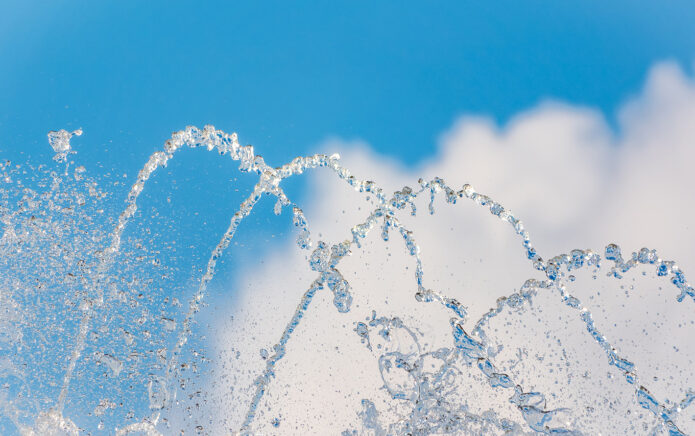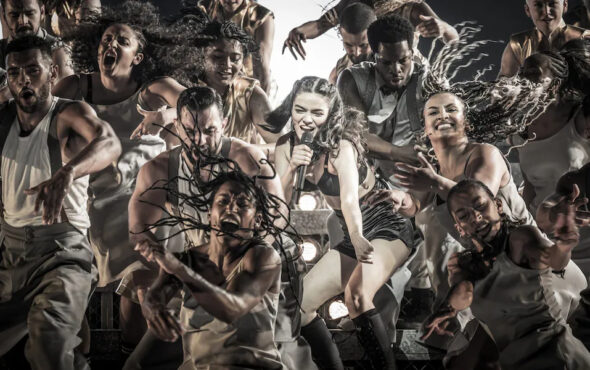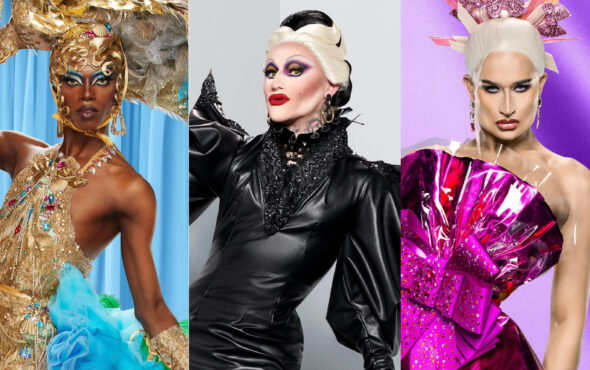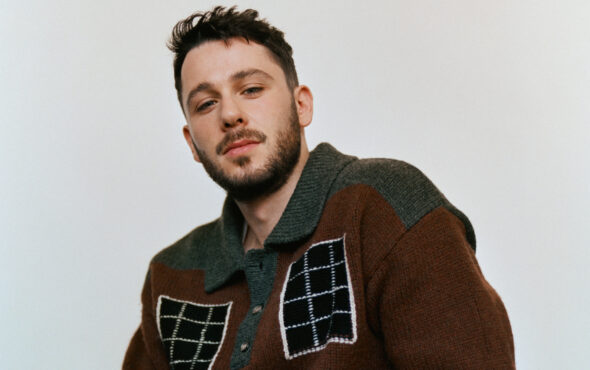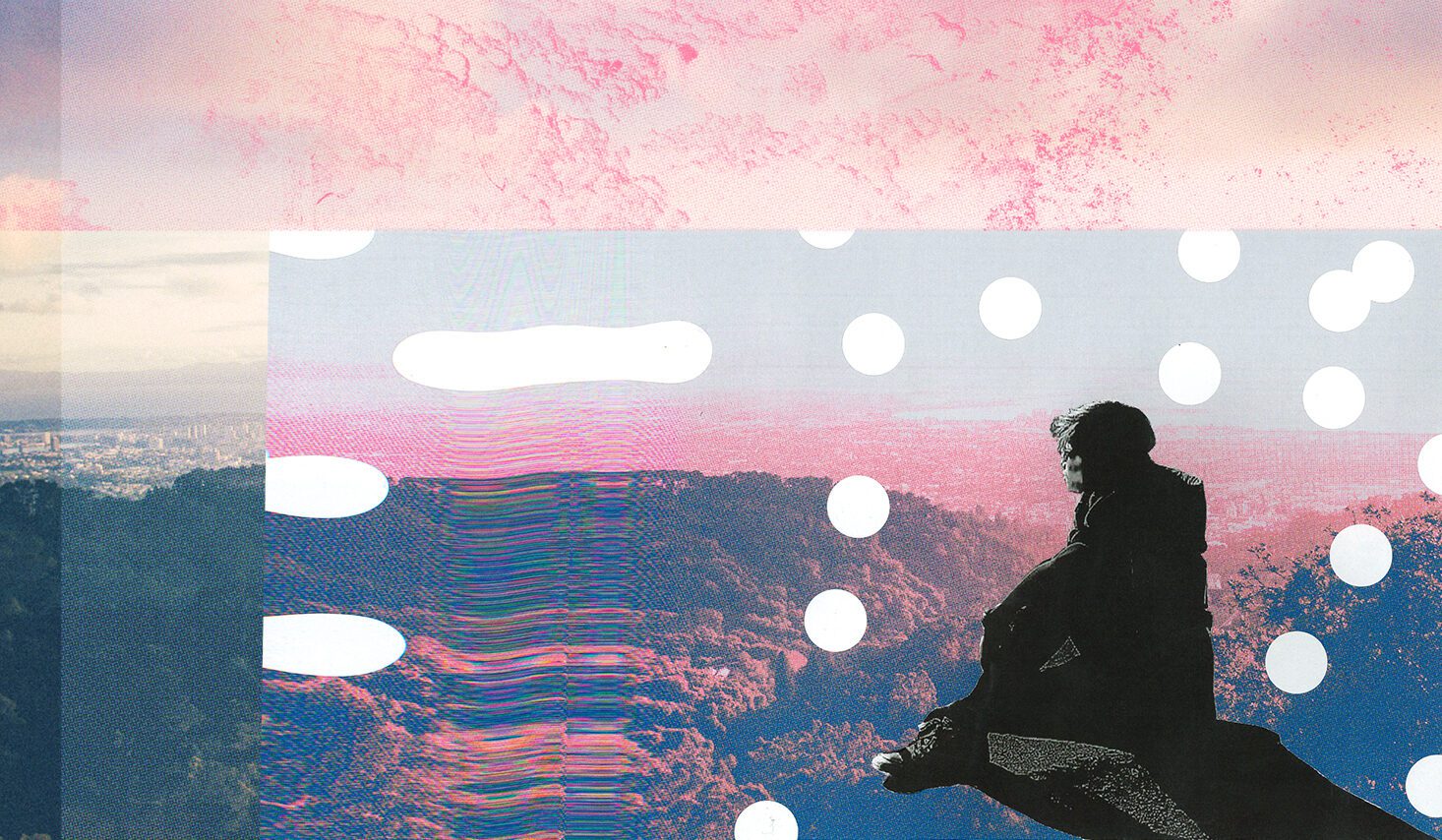
I am a bisexual and non-binary Muslim and my connection to Islam has never been an easy journey.
This is an important time for many people in my community as it is Islamophobia Awareness Month. November is also when we mark Trans Awareness Week and Trans Day of Remembrance.
Being trans and Muslim, it’s a significant time for me. It’s a time when I reflect on the Islamophobia and transphobia that me and my trans Muslim siblings face – fighting hard to be visible and create a more inclusive world for LGBTQ+ people of faith. I use my voice, share my story, try to help create a world where we LGBTQ+ Muslims can exist peacefully.
Growing up, my family were relatively religious and we celebrated Eid. But, I didn’t truly understand faith when I was a child and finding my way through religion along with my identity was a difficult process.
I was told that I couldn’t be LGBTQ+ and if I was, I would go to Hell. I fought what I was told and what I felt every day, trying to feel a sense of belonging in something. I realised the true loneliness that can come with being an LGBTQ+ Muslim, facing both homophobia and Islamophobia, constantly being left to choose between our faith or identity.
I found the words to describe my identity at the age of 17, but I was still fighting internalised homophobia, wondering how I could be me alongside my faith. I either prayed to Allah (SWT) to make me the child my family wanted me to be, or I was feeling angry at Him for making me this way. Why would God make me this way? Why couldn’t I just be the same way as my cousins?
My time then came to leave home and go to university – a time where people typically find the time and space to figure themselves out freely. But my first two years were anything but free. I had my religious community saying being LGBTQ+ is a sin, and I had an LGBTQ+ community that was very white-centred that came with its own ignorance and lack of awareness.
The pivotal moment for me was meeting other LGBTQ+ people of colour who didn’t deny their faith. Those were moments in my life that helped me realise that there was nothing wrong with me. I remember meeting a guy, now one of my best friends, who was proud to be himself as a Brown, gay man who grew up in a spiritual household. We would talk about our cultures and our LGBTQ+ stories whilst drinking a cup of masala chai, and I felt so much relief that I could be myself.
Having seen that it was possible to hold both your LGBTQ+ and faith identities, I built the courage to come out to my closest friends who were Muslim. They accepted me without judgement. This was a total change from what I experienced in my earlier years, where all I heard was negativity.
Being LGBTQ+ and Muslim is not a contradiction. It is a gift.
Their words of encouragement when I told them – and having a new best friend who wasn’t afraid to be his whole self – made me appreciate my own identity as an LGBTQ+ Muslim. I can’t change how Allah (SWT) created me and that’s okay because He doesn’t make mistakes.
I still feel fear over my identity and having to come out fully to my family, but I have the greatest people in my life that accept me now. I just wish it hadn’t taken this long.
So as we mark Islamophobia Awareness Month and Trans Awareness Week, here are some things I’ve learnt from my experiences, that you can think about to be an ally to your LGBTQ+ Muslim friends, family, colleagues or peers.
Firstly, LGBTQ+ Muslims exist. This one is probably a no-brainer given you’re reading about my life, but it’s something that is so often erased. Everyone can have a faith, no matter their gender or sexual orientation.
It starts with education. We need our time in school to reflect our realities and help us prepare for the wider world. I volunteer with Just Like Us, speaking in schools about growing up as a LGBTQ+ Muslim so that the next generation can know that we exist. Teachers can help make sure LGBTQ+ young people don’t grow up feeling as lonely as I did by making their classrooms inclusive.
LGBTQ+ Muslims and communities have existed as long as Islam has. There were key figures during the time of Prophet Muhammad (PBUH) that were diverse in gender and sexuality, as well. We exist and Allah (SWT) loves us for who we are.
Secondly, Islam is not an inherently homophobic religion. Faith is subjective – how an individual views Holy Scriptures is based on what they interpret. Despite religion sometimes being used to oppress minority groups, Islam is actually accepting of diversity and is a religion of social justice.
And lastly, please stop perpetuating the myth that LGBTQ+ Muslims should reject their religion to be themselves. We exist and no one has the right to decide whether someone is Muslim or not.
The idea of forcing people to pick between key parts of themselves is harmful. When you do this, you force us LGBTQ+ Muslims to choose between our identity and our communities. Urging us to choose puts us in the middle and makes us feel we are not valid or valued for who we are.
Being LGBTQ+ and Muslim is not a contradiction. It is a gift.
Rayyan volunteers with Just Like Us, the LGBTQ+ young people’s charity – sign up now to get involved.
